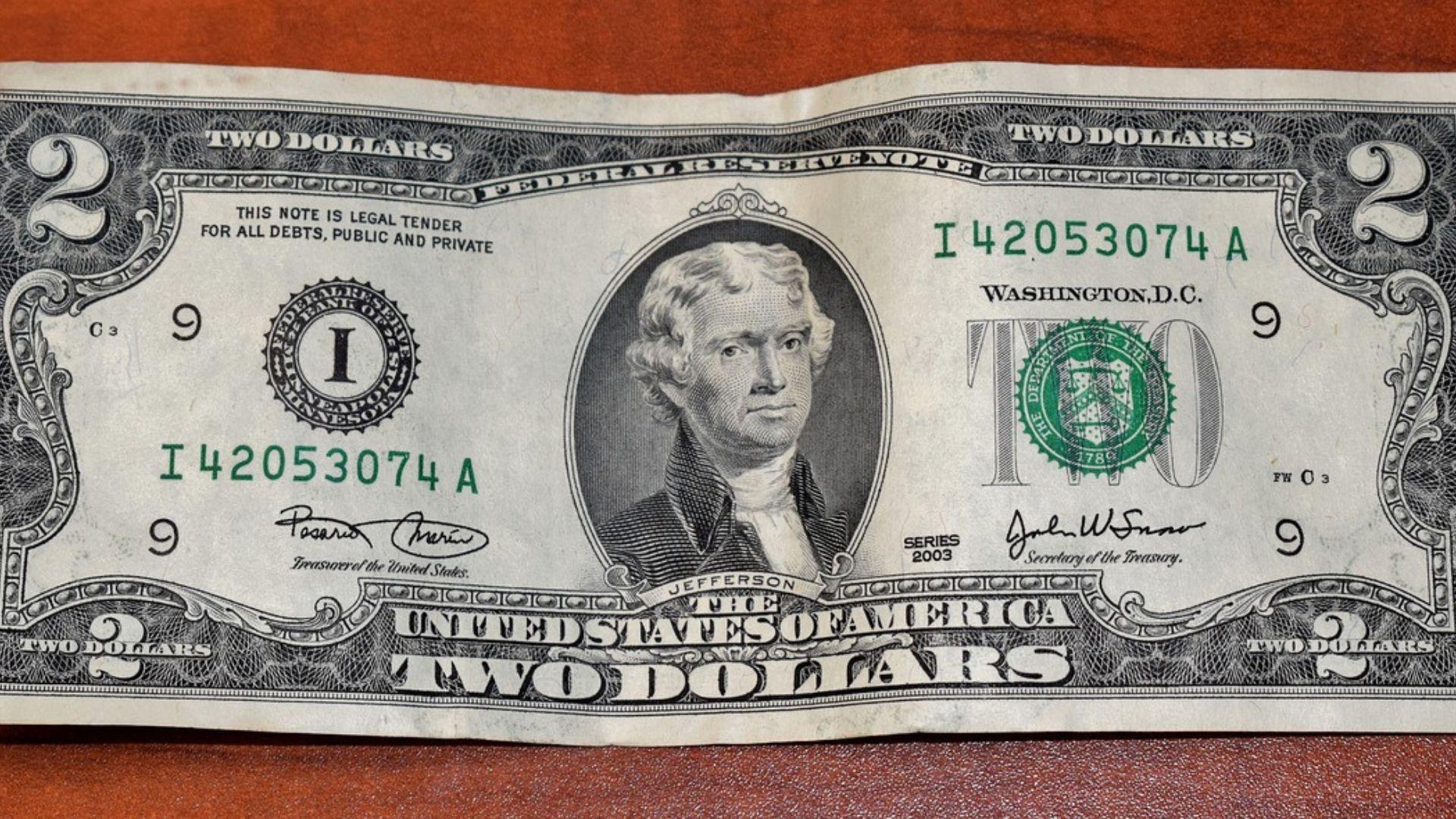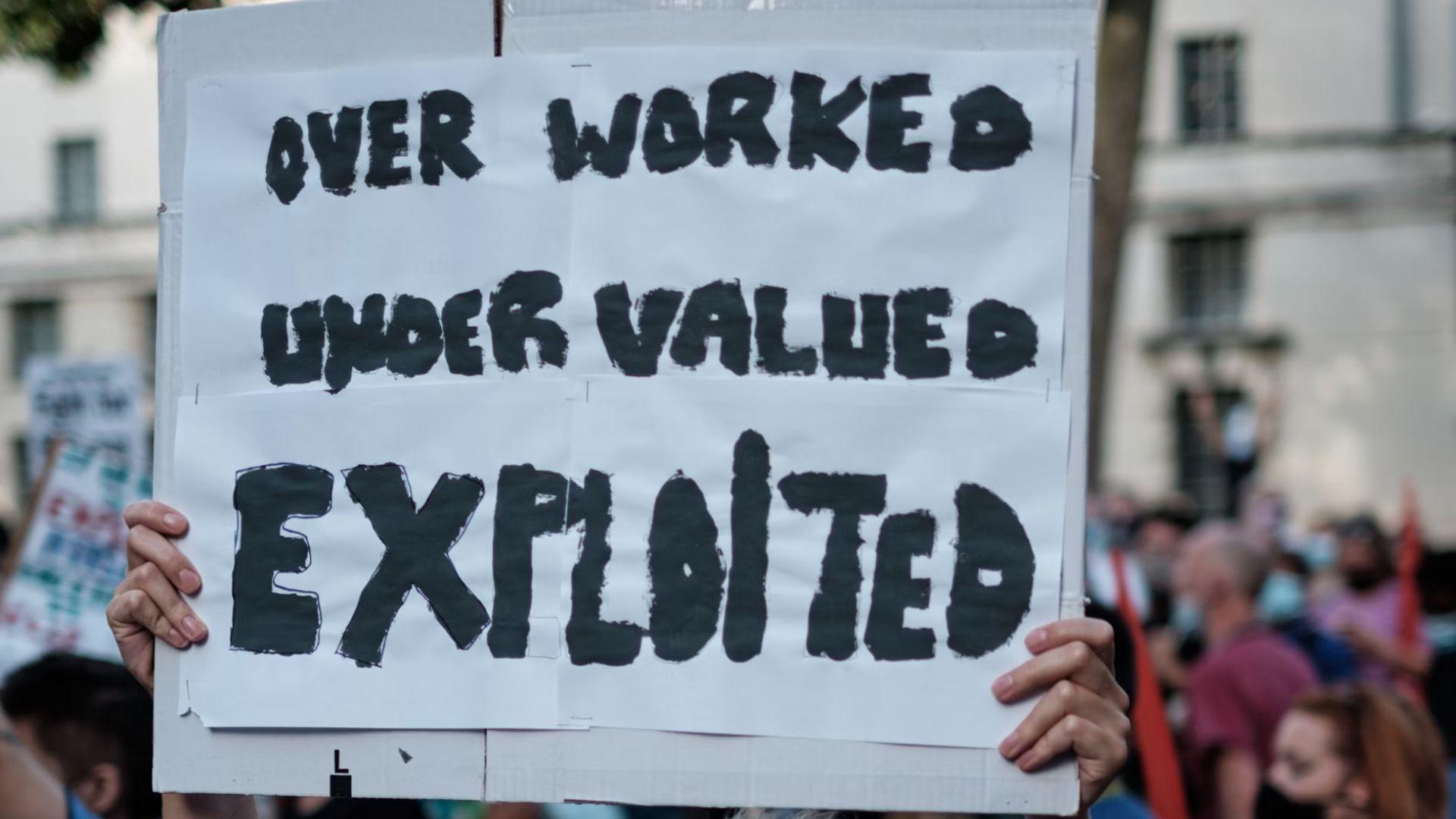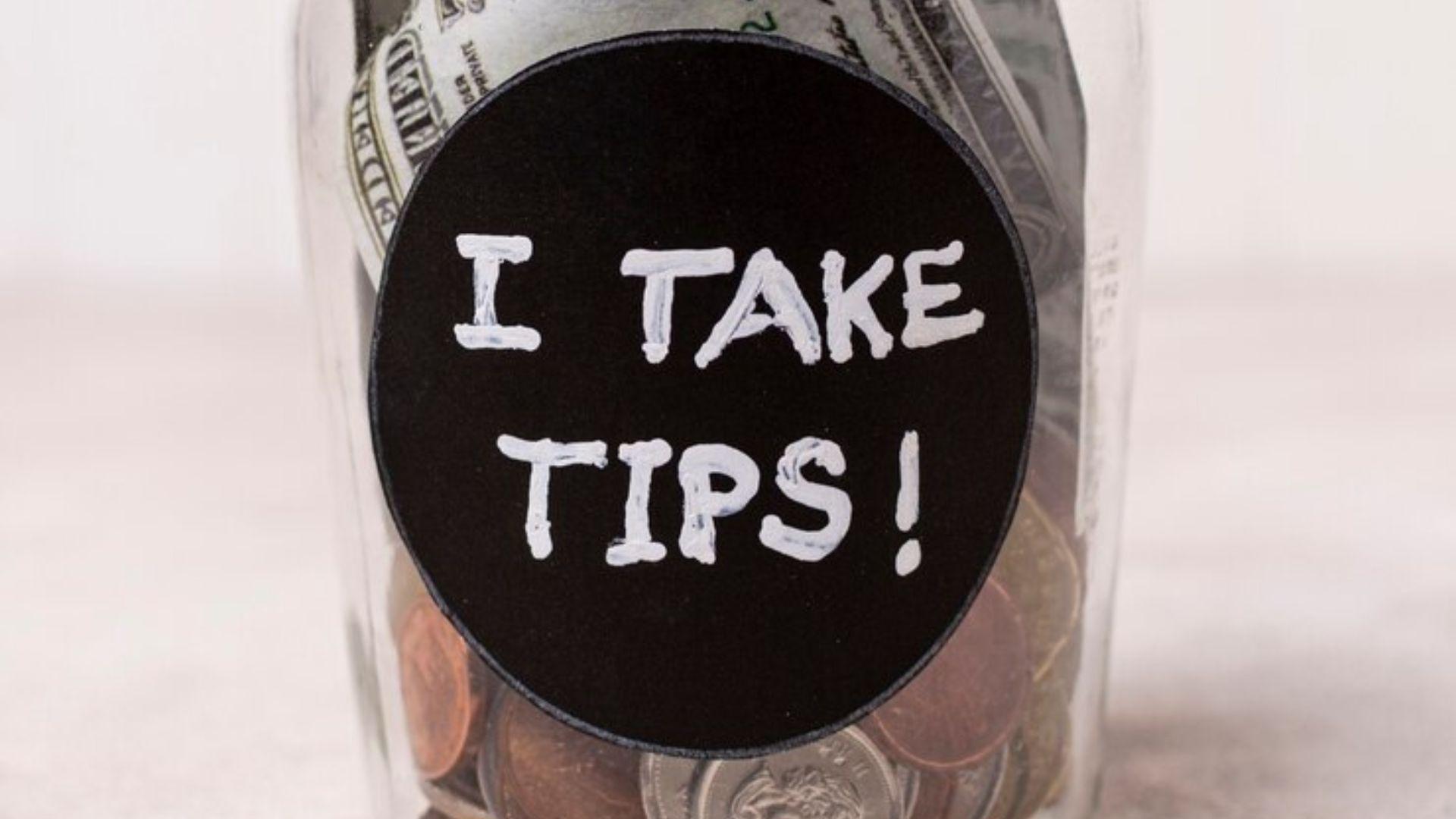Working a minimum wage job in the US doesn’t always mean workers will definitely earn minimum wage, as many end up relying on tips from customers just to get by.
This has been in practice for decades, and while employers hope their employees will get tips so they can survive on minimum wage salaries, workers and customers are starting to get fed up.
Minimum Wage Workers Rely on Tips

Tipping only appears to apply to minimum wage workers and is not common anywhere else.
Time Magazine says restaurants, grocery delivery, and coffee shops are some of the businesses that rely on tips.
Tipping Is Only Common in the US

While tipping is common in the US, it is not so common for those in other places around the world, such as Europe.
This means that the tipping process can be confusing when foreigners come to the US, from knowing why they need to tip to how much they should be tipping.
Tips Make up the Majority of Minimum Wage Workers’ Wages

Workers might be earning minimum wage, but that doesn’t mean they earn enough take-home pay to cover what employers pay them alone.
The National Employment Law Project found that 58.5% of wait staff’s earnings come from tips, with bartenders earning 54% from tips.
Employers Only Pay Workers $2 an Hour

Just because someone is classed as a minimum wage worker doesn’t mean they will definitely be paid minimum wage.
The US Department of Labor states that employers only need to pay minimum wage workers who earn tips $2.13 per hour. However, they are expected to make a difference if employees’ tips don’t add up to $7.25 throughout a typical working week.
Employees Aren’t Guaranteed to Keep Their Tips

Even though their customers will directly tip the employee that served them, that doesn’t mean they will get to keep their tips.
Employers can pool individual employees’ tips and share them at the end of a certain time period. This means an employee could receive less in tips than they were actually given while giving others more.
Employers Regularly Commit Minimum Wage Violations

The Economic Policy Institute found that employers have been stealing billions from employees by committing minimum wage violations.
This included employers not making up the difference in wages lost due to a lack of tips. It meant employees were losing $8 billion a year, which equated to $3300 per year for each worker who lost wages.
Minimum Wage Laws Were Based on Racism and Misogyny

Politico Magazine states that when minimum wage laws were introduced, they excluded domestic, agricultural, and restaurant workers.
Many of these workers were black women, and these workers were excluded from the law so those who were previously enslaved couldn’t earn a decent wage.
Americans View Tipping Negatively

A 2023 survey based on the culture of tipping found that most Americans view it negatively.
Bankrate conducted a survey that found that 66% of Americans view tipping negatively. Of these, 41% said employers should give their employees better pay, and 16% said they would pay more so they no longer had to tip.
Many Feel Pressured to Tip

When going out for a meal or receiving some kind of service from a worker, many want it to be a relaxed time rather than feeling stressed by the pressure of tipping.
Forbes found that many businesses have increased the amount they expect customers to tip their staff, creating an uncomfortable atmosphere between staff and customers.
The COVID-19 Pandemic Increased Tipping

Because of the COVID-19 pandemic halting many businesses with workers who rely on tipping, the number of tips increased when these businesses re-opened.
Many felt sorry the workers had missed wages during this period and wanted to help them with their lost earnings by tipping more than usual.
Some States Have Eliminated the Subminimum Wage

Despite tipping still being prevalent in most of the US, some states have eliminated the need for a subminimum wage, which encourages employers to pay their workers more.
Yankee Insitute reported that as of March 2024, Alaska, California, and Minnesota are among the states that have enacted the policy of paying their employees the full minimum wage. However, it is unknown whether any other states will follow suit or whether any laws will be passed to help end the tipping culture once and for all.
